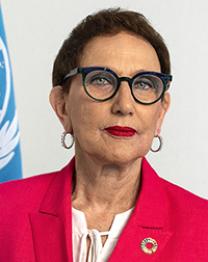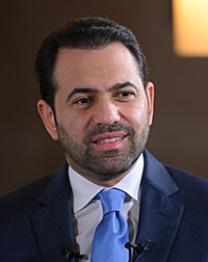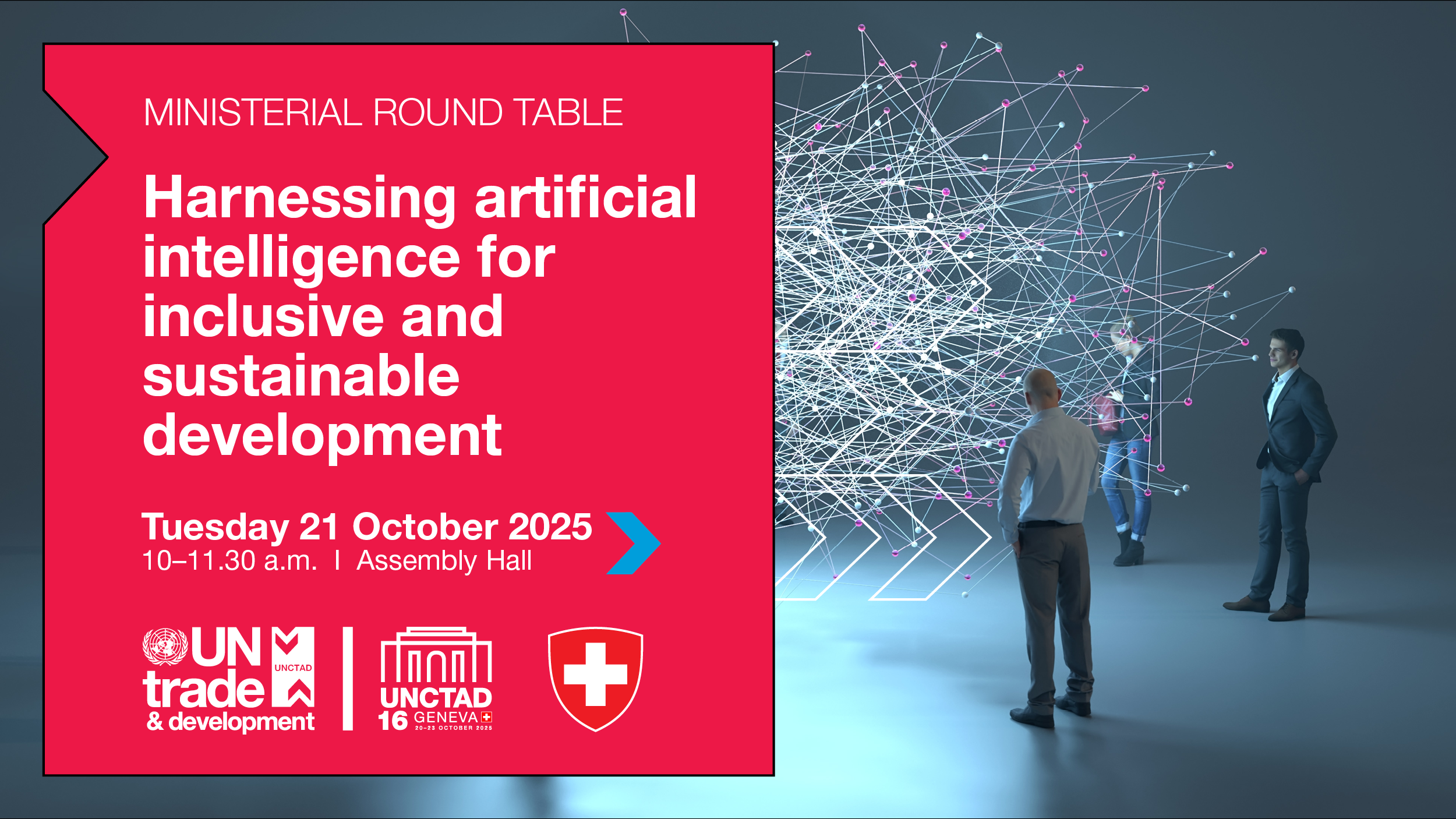
© UN Trade and Development (UNCTAD)
Artificial intelligence is transforming economies and societies, presenting opportunities to advance on sustainable development. However, many developing countries face difficulties in benefiting from these opportunities due to inadequate digital infrastructure, limited data access and the lack of necessary skills. Strategies and policies to leverage artificial intelligence in order to accelerate sustainable development are urgently needed. Developing countries also need to be prepared to address the possible economic and social downsides posed by artificial intelligence. In addition, artificial intelligence needs to be governed in the public interest to ensure that its benefits are distributed equitably, as noted in the Pact for the Future.
Discussions at this round table, drawing on Technology and Innovation Report 2025, explored national artificial intelligence strategies and global cooperation, to make artificial intelligence accessible and beneficial for all. The discussions also contributed to achieving related objectives of the Global Digital Compact.
Watch the ministerial roundtable on harnessing artificial intelligence:
Programme
Opening remarks: Rebeca Grynspan, Secretary-General, UN Trade and Development (UNCTAD)
Panel 1: Artificial intelligence, development paths and capacity-building
Questions
- How can artificial intelligence reshape the development paths of developing countries and what particular challenges and opportunities does it present?
- Which capacity-building initiatives can support the democratization of artificial intelligence and foster inclusive open innovation that promotes the development of local artificial intelligence ecosystems?
Speakers
- Philip Fox Drummond Gough, Secretary for Economic and Financial Affairs of the Ministry of Foreign Affairs, Brazil
- Jukka Salovaara, Permanent Secretary of State at the Ministry for Foreign Affairs, Finland
- Kim Hee-sang, Deputy Minister for Economic Affairs, Ministry of Foreign Affairs, Republic of Korea
- Çetin Ali Dönmez, Deputy Minister, Ministry of Industry and Technology of Türkiye
Panel 2: Artificial intelligence opportunities and governance
Questions
- Which strategies can developing countries adopt to position themselves to take advantage of artificial intelligence-related opportunities and, in particular, how should industrial and innovation-related policies evolve to effectively respond to the rise of artificial intelligence?
- Which mechanisms can be operationalized to ensure an inclusive and risk-based approach to artificial intelligence governance, balancing innovation with socioeconomic and ethical safeguards?
Speakers
- Elizabeth Ofosu-Adjare, Minister for Trade, Agribusiness, and Industry, Ghana
- Mariin Ratnik, Deputy Minister for Economic and Development Affairs, Estonia
- Tomas Lamanauskas, Deputy Secretary-General, International Telecommunication Union
- Mohamed Abdelsalam, Secretary-General, Zayed Award for Human Fraternity
Moderator: Isabel De Sola Criado, Head of Coordination Unit, United Nations Office for Digital and Emerging Technologies
Format: Davos-style
In September 2021, Rebeca Grynspan was appointed Secretary-General of the United Nations Conference on Trade and Development (UNCTAD), becoming the first woman to lead the organization in its 60-year history.
Rebeca Grynspan, an economist and former Vice President of Costa Rica, is an experienced leader of international institutions with a substantive track record in government, UN diplomacy, economic policy and multilateral cooperation at the global level.
Prior to joining the United Nations, she was Vice President of Costa Rica and held cabinet positions as Minister of Housing, Minister Coordinator of Economic and Social Affairs and Deputy Finance Minister.
Previously, she served as Secretary-General of the Ibero-American Conference (2014–2021), chairing regional summits of Heads of State and Government; United Nations Under-Secretary-General and Associate Administrator of the United Nations Development Programme (UNDP); and UNDP Regional Director for Latin America and the Caribbean. She was a member of the UN Commission for the Reconstruction of Haiti, representing the UN Secretary-General.
At UNCTAD, Grynspan has been at the centre of critical negotiations to address global trade and development challenges. She played a decisive role in the successful Black Sea Grain Initiative brokered between the UN, Türkiye, the Russian Federation and Ukraine, which enabled the safe export of over 32 million tons of grain, lowered global food prices by 22% and prevented millions from falling into food insecurity. She also leads the UN Global Crisis Response Group on food, energy and finance, and has represented the UN in G20 summits.
Her leadership has been recognized widely. In 2024, she received the Doha Negotiator of the Year Award for spearheading UN efforts to restore Black Sea trade routes. In 2025, Spain’s Ministry of Foreign Affairs, European Union and Cooperation awarded her the inaugural Isabel Oyarzábal Women in Multilateralism International Prize for her contribution to multilateralism.
Ms. Grynspan holds degrees in economics from the University of Costa Rica and the University of Sussex, and honorary doctorates from several European universities.
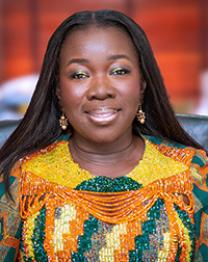
Elizabeth Ofosu-Adjare is currently Minister for Trade, Agribusiness, and Industry of Ghana. A distinguished lawyer, legislator, and policy advocate, she has dedicated her career to governance, legal advocacy, and economic development.
Previously, she served as Ghana’s Minister for Tourism, Culture, and Creative Arts, where she played a pivotal role in promoting Ghana’s tourism industry, implementing cultural policies, and spearheading initiatives like the Marine Drive Project and Homofest.
Ms. Ofosu-Adjare has held key board memberships, including as a former Board Chair of Cocoa Merchant Company Limited, a board member of Multi Trust Financial Services, and a former board member of Phoenix Life Assurance Limited. She continues to champion trade expansion, industrial growth, and business development in Ghana.
She is the founder of the Elizabeth Law Centre and has an extensive legal background, including serving as a Notary Public and a legal practitioner with the Legal Aid Scheme.
Her academic credentials include an LLM in Alternative Dispute Resolution and an LLB from the University of Ghana, an MA in International Relations from Webster University, and a BA in Social Science from KNUST.
She completed her Professional Law Course (PLC) at the Ghana School of Law and was called to the Bar in 2004.
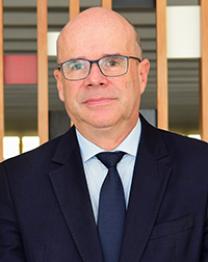
Ambassador Philip Fox D Gough is currently Secretary of Economic and Financial Affairs of the Brazilian Ministry of Foreign Affairs., a position he has held since May 2025.
Previously , he held the positions of Director of the Department of Economic Policy, Finance and Trade in Services (2023–2025) at the Ministry of Foreign Affairs, Head of the Division for Market Access Negotiations (2007–2009), Director of the Department of Trade Negotiations (2022–2023), Director of the United States Department (2021–2022), Head of the Division of Economic and Trade Issues of Mercosur (2014–2016), and Head of the Division for Argentina and Uruguay (2013–2014)
In foreign postings, he served as Head of the Trade Policy Section at the Embassy of Brazil in the United States (2009–2010), Head of the Trade Promotion Section at the same Embassy (2010–2012), and as Minister-Counselor at the Brazilian Mission to the United Nations in New York (2016–2021). He also served at the Brazilian Mission to the World Trade Organization in Geneva (2000–2003) and at the Embassy of Brazil in Asunción, Paraguay (2003–2006)
Ambassador Fox-Drummond Gough holds a bachelor's and a master's degree in Economics from the Federal University of Minas Gerais, Brazil, and joined the Brazilian Foreign Service in 1994.
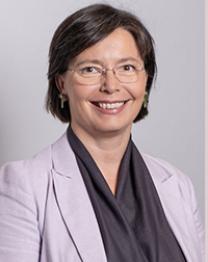
Mariin Ratnik has served as Deputy Minister for Economic and Development Affairs at the Ministry of Foreign Affairs of Estonia since 1 September 2022.
Ms. Ratnik has worked at the Ministry of Foreign Affairs since 2000 and has been ambassador to Belgium, Luxembourg, Spain, Andorra, Algeria and the Organization for Security and Co-operation in Europe in Vienna. Between 2017 and 2019, Mariin Ratnik was the prime minister's foreign relations adviser at the Government Office.
She graduated from the University of Tartu with a degree in economics and she has studied international relations at the Estonian School of Diplomacy and the Humboldt University in Berlin.
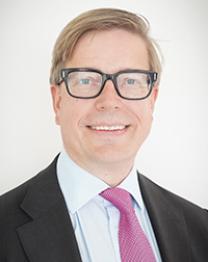
Ambassador Jukka Salovaara has been the Permanent State Secretary in the Ministry for Foreign Affairs of Finland since May 2022.
The Permanent State Secretary is the most senior civil servant in the Ministry for Foreign Affairs, with overall responsibility for the Foreign Ministry and Finnish diplomatic representations abroad.
Ambassador Salovaara has worked for the Finnish Foreign Ministry from 1995, serving in several senior positions as the Permanent Representative of Finland to the United Nations, Director General for Political Affairs, and Director General for Europe.
He also served in the Finnish Prime Minister’s Office as Foreign Policy Adviser to the Prime Minister, EU Policy Adviser to the Prime Minister and Under-Secretary for EU Affairs. He also served the Foreign Affairs Committee of Parliament.
Ambassador Salovaara graduated from the University of Helsinki in 1992 with a Master’s in Political Science.
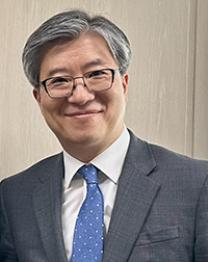
H.E. Kim Hee-sang is Deputy Minister for Economic Affairs at the Ministry of Foreign Affairs of the Republic of Korea.
As a career diplomat, he has dedicated much of his 30-year experience to economic affairs and trade negotiations. He served as Director of FTA Goods Negotiations and as Director of FTA Negotiation Coordination Division, and had led the effort for Korea-EU FTA negotiations. He was appointed as the Deputy Director-General for Bilateral Economic Affairs in 2017 and as Director-General of the same bureau in 2018, and was responsible for Korea's bilateral economic relations with many key economic partners.
He has been posted to the Korean Missions to the UN Office in Geneva and to the European Union, the Korean Embassy in India and the Korean Consulate General in Shanghai.
From 2019 to 2022, he was appointed as the Ambassador and Deputy Permanent Representative of the Korean Permanent Delegation in the OECD. Most recently, he has served as the Ambassador to the Republic of Uzbekistan.
He holds a BA in Economics from Seoul National University and a Master of Laws from the University of Edinburgh, U.K.
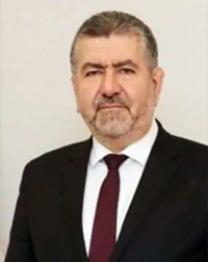
Mr. Çetin Ali Dönmez has been serving as Deputy Minister of Industry and Technology of the Republic of Türkiye since 31 July 2018. He has been the investment committee member of Turkish Growth and Innovation Fund since 21 December 2018.
Previous positions include:
- Professor at the Ibn Haldun University Graduate School of Business, Department of Management (2017)
- Executive Vice President at Borsa Istanbul (2013-2016)
- CFO at Borsa Istanbul (2013)
- CEO of Turkdex (2008-2012)
- CEO and Board Member of Turkish Derivatives Exchange (2008).
Mr. Dönmez is a graduate of Istanbul Pertevniyal High School. He received B.Sc. degree in Industrial Engineering in 1989, Master of Arts degree in 1992 and Finance Ph.D. degree in 2006 from Bogaziçi University.

Tomas Lamanauskas is Deputy Secretary-General of the International Telecommunication Union, elected at the ITU Plenipotentiary Conference of 2022, and taking up duties as of January 2023.
His 25 years of experience spans across sectors of telecoms and digital policy, regulation and strategy, stemming from executive level positions in agencies, companies, and organizations across Europe, the Middle East, the Caribbean and the Pacific region.
As Deputy Secretary-General of ITU, Tomas focuses on the financial sustainability and operational excellence of the organization. He also works to raise the digital industry's ambition in fighting the climate crisis through the Green Digital Action initiative and promotes investments into the digital infrastructure as well as digital resilience through the Digital Infrastructure Investment Initiative and other efforts. Additionally, Tomas contributes to the global efforts to harness the opportunities and mitigate challenges of new technologies, in particular Artificial Intelligence, including through his role as a co-chair of the United Nations Inter-Agency Working Group on AI. He is also playing a key role in ensuring ITU's support to other UN-wide development and governance efforts, including through the World Summit of the Information Society process and membership at the Operational Steering Committee of the UN Joint SDG Fund.
Tomas holds Master's Degrees in Public Administration (Harvard), Leadership and Strategy (London Business School), Telecommunications Regulation and Policy (The University of the West Indies) and Law (Vilnius University).
Judge Mohamed Abdelsalam is an Egyptian judge, legal expert, and public figure.
Judge Abdelsalam currently serves as Secretary-General of the Muslim Council of Elders and Secretary-General of the Zayed Award for Human Fraternity. He previously held the position of legal and legislative advisor to His Eminence Ahmed El-Tayeb, Grand Imam of Al-Azhar, for 8 years. He was awarded papal knighthood by the late His Holiness Pope Francis for efforts advancing tolerance and interfaith dialogue. He is the first Arab and Muslim to be awarded this accolade.
Judge Abdelsalam is also Co-President of Religions for Peace, member of Al-Azhar's Center for Interreligious Dialogue, and member of the Board of Trustees of the King Hamad Global Centre for Peaceful Coexistence.
He is a graduate of Al-Azhar University.
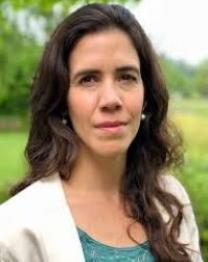
Isabel De Sola Criado is currently the head of the coordination unit for the UN Office for Digital and Emerging Technologies.
Prior to joining the UN, she was a diplomat of her home country, El Salvador, and brings experience in external affairs and partnerships for digital cooperation.



